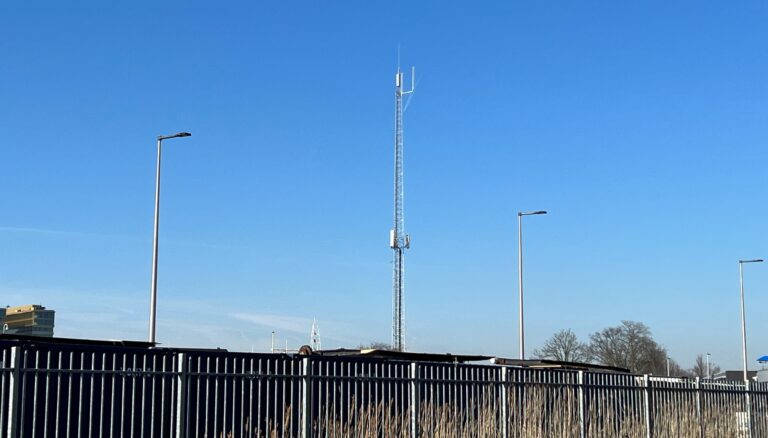Bouygues Telecom customers in France received a significant announcement on Friday, February 25: the public LoRaWAN network of Bouygues Telecom and the associated Objenious services can no longer be extended or subscribed to from December 2024 onwards. According to Bouygues Telecom, NB-IOT and LTE-M networks better meet the needs of today’s IoT prospects and customers in both France and internationally. Bouygues Telecom previously announced the launch of their own LTE-M network in September 2021 and NB-IOT network in November 2021.
LPWAN in the unlicensed band is not economically futureproof, the bankruptcy of Sigfox and the impending shutdowns of several LoRaWAN networks in several countries support this statement. The adoption and availability of NB-IOT and LTE-M will eventually overcome the need for LoRaWAN and then we will see LoRaWAN be discontinued or the way of using it will change.
The driving factors that created LoRaWAN (battery power and cost) have been adopted by NB-IOT and LTE-M, making the differences smaller and smaller. But what are the differences and why are unlicensed LPWAN networks not economically future-proof?
Unlicensed LPWAN networks (public LoRaWAN and Sigfox) can be set up quickly and easily. The major drawbacks at the moment are that there is no harmonization regarding the spectrum between countries and regions, a wide variety of spectrum bands, interferences cannot be managed and it can only be used for non-critical IoT solutions, which means that a large share of the market is not accessible.
Licensed LPWAN networks (LTE-M and NB-IOT), have many advantages that make them highly emerging: proven technology based on 4G technology, better capacity and coverage than the unlicensed spectrum, harmonization of the spectrum between countries and regions and the lifetime is controlled by the mobile operators.
Operators are good at installing antennas, pulling cables and maintaining these networks. In the world of IoT, more is needed than just setting up a network, a market also needs to be created, which is what is being done now. Initiatives like The Things Industries, Semtech, Helium and Loriot are doing a great job. Their communities are already very large and ultimately a community makes a technology great, not the technology itself.
Thingsdata predicts that in the near future more and more public LPWAN networks will be discontinued or that the way of use will change.
For more information about public LPWAN networks, you can contact us via telephone number 085-0443500 or by mail to info@thingsdata.com.
Need reliable IoT SIM cards? Request our test kit for 3 free SIMs with 100 MB data for 3 months. Experience seamless IoT connectivity today.
Looking for a reliable IoT partner? Download our brochure for instant access to valuable insights about our services and IoT solutions.
